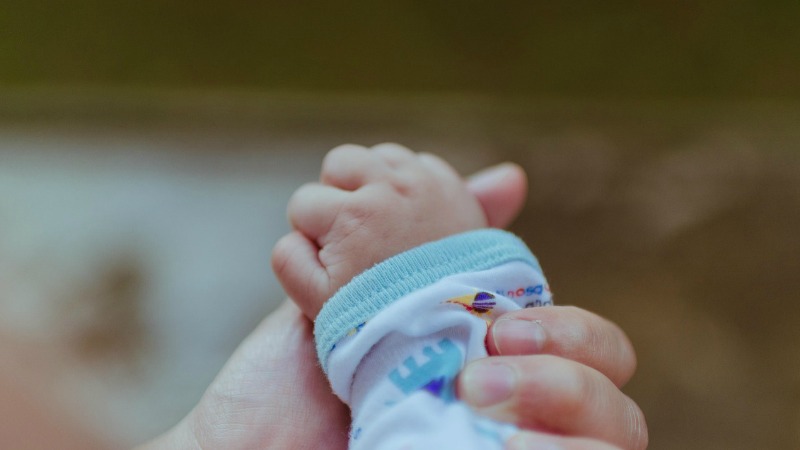Last night I sat at a table in Louisville and watched two ten year-old boys eat ice cream. As my sons devoured the cones I couldn’t help but remember the first time either of them had tasted the stuff. We were in Moscow, only days after my wife and I had adopted the boys, then one year-old. They hated the ice cream, gagging at the taste of it. Things have changed.
As I thought about the Americanization of my sons’ ice cream habits, I thought for a minute about everything else that has changed. These boys, once malnourished and alone in an orphanage, are now members of a family. They hear every day the gospel of Jesus Christ and go to bed every night knowing they are loved. But, right now as I type this, there are 250,000 children, just like Ben and Timothy were, institutionalized in Russian orphanages and group homes. This week brought a glimmer of good news for them.
Secretary of State Hillary Clinton and Russian Foreign Minister Sergey Lavrov signed an accord permitting American citizens to continue to adopt from the former Soviet state. The adoption process there has been threatened for some time due to, most prominently, the shocking abuse of a Tennessee mother who sent her son, adopted from Russia, back alone on a plane because he had “psychological problems.”
On the one hand, this and other high profile cases of abuse are rare and atypical. Judging Russian adoption on the basis of cases like this would be something like judging American biological parenting on the basis of the Casey Anthony case. On the other hand, cases of such wanton abuse were signals to Russian officials of what could possibly go wrong.
It’s good news that the U.S. and Russia have reached this accord. The agreement, according to news reports, provides stricter reporting standards from social workers and adoption agencies to Russian officials after adoption, and it restricts adoption to adoption agencies accredited by the Russian government.
Both steps are not only reasonable, but just. Those of us who care about orphan care shouldn’t want adoption to be easy. We should want it to take as long as necessary to ensure the best interest of the children involved.
But although this move is good news for Russia’s orphans, allowing more of them to become members of families, it is not the best possible news. The best possible news would be the end for the need for any kind of accord because the orphanages of Russia would be empty. Adoption is an important but secondary aspect of orphan care. The first priority is to keep families together, and to alleviate the conditions (poverty and substance addiction, chief among them) that create fatherlessness in the first place.
But, in the meantime, the orphans are there, in a country with very little adoption culture. If international adoption were restricted or outlawed, the stakes are awful to contemplate.
Even with adoption possible, mass numbers of Russian orphans never make it out of the orphanage, until their eighteenth birthday when they are “aged out,” and suddenly on their own. These children, with a background of trauma, non-existent family support systems, and no preparation for independent life, turn typically to a life of drug abuse, prostitution, and suicide.
We in the Moore family have a stake in this. Two of us are Russian by birth; the rest of us are Russian by adoption. When Ben and Timothy came into our home, the rest of us were tied, inextricably, with what the Apostle Paul would call our “kinsmen according to the flesh” (Rom. 9:3).
But, more than that, all of us have a stake in this. The orphans of the world, whether in Russia or India or Alabama, are among the most vulnerable imaginable. And Jesus has identified the “least of these” as his brothers and sisters (Matt. 25:40). When we care for them, we care for him.
So take a moment to pray for the orphans and widows. Remember particularly the hundreds of thousands of little ones looking out the windows of Russian orphanages today, wondering if their future is with a family or trembling alone on a sidewalk. And pray that many, many of them will soon be eating ice cream with a Mom and a Dad.






